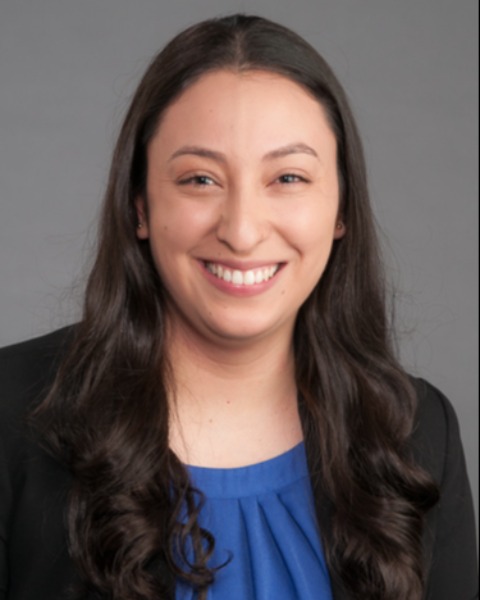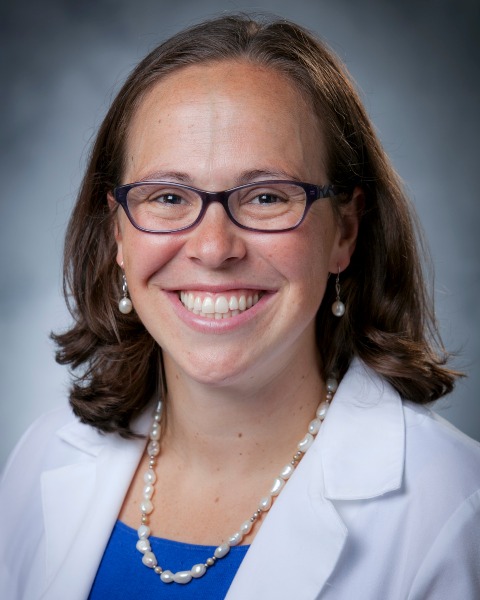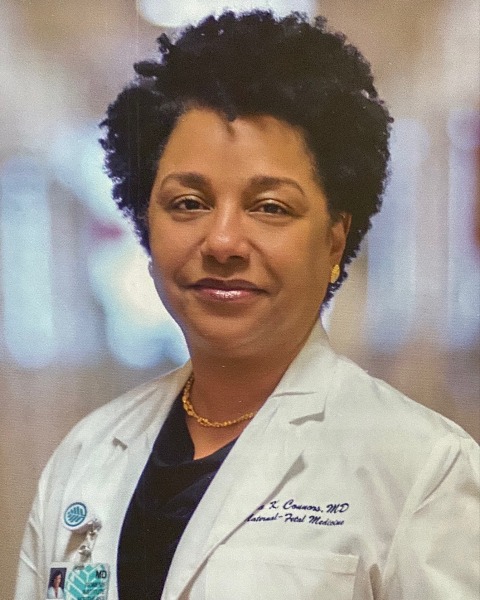Category: Education/Simulation
Poster Session III
(781) Trends in Underrepresented Minorities in Maternal Fetal Medicine Fellowship
To evaluate trends in representation of residents underrepresented in medicine(URiM) in MFM fellowship(MFM-F)
Study Design:
This was a retrospective, repeated cross-sectional study of self-reported race/ethnicity of obstetrics and gynecology(OBGYN) residents and MFM-F from 2016-2021. Data collected from ACGME data resource books. Primary analysis compared proportions of URiM in OBGYN to MFM-F and to US census data using chi-square analysis. URiM defined as Asian, Hispanic, Black, Alaska/Native American, Native Hawaiian\Pacific Islander, and Other. Proportions and 95%CI calculated using the Clopper-Pearson binomial method. To evaluate trends in URiM representation over time, the Cochran-Armitage test was performed. Secondary analysis evaluated representation of 1)Black and 2)URiM residents excluding Asians, as Asians may be over-represented relative to US population.
Results:
From 2016-2021 URiM representation increased in OBGYN(26.8%→31.2%, p < 0.01), MFM-F(28.7%→33.7%, p= 0.04), and the US population(38.9%→41.0%, p < 0.01) Black representation remained stable in OBGYN(7.5%→8%, p= 0.10) and increased in MFM-F(5.6%→10.5%, p< 0.01) and the US population(13.0%→14.2%, p< 0.01). When excluding Asians from URiM, representation remained stable in OBGYN(17.2%→16.2%, p=0.78) and in MFM-F(17.5%→19.7%, p=0.25), while increasing in the US population(32.4%→38.1%, p < 0.01). However, residents in all groups(URiM, Black, and URiM excluding Asians) remained underrepresented compared to the US population in OBGYN and MFM-F (p< 0.01 for all), and representation of all groups were similar between OBGYN and MFM-F(p >0.05 for all).
Conclusion:
Representation of URiM residents increased in OBGYN and MFM-F, and Black representation increased in MFM-F from 2016-2021. However, URiM residents remain significantly underrepresented relative to the US population, and Black representation in OBGYN has not increased. The continued underrepresentation of minorities in OBGYN and MFM-F may perpetuate existing disparities in maternal health; urgent efforts are needed to recruit and retain diverse residents and fellows.
- LT
Lorene Temming, MD, MSCI
Atrium Health Wake Forest School of Medicine
Charlotte, North Carolina, United States 
Kaeli Manzanares, BS (she/her/hers)
Atrium Health Wake Forest School of Medicine
Winston-Salem, North Carolina, United States
Sarah K. Dotters-Katz, MD
Assistant Professor
Duke University Medical Center
Durham, North Carolina, United States- AB
Amy Boardman, MD
Associate Professor
Atrium Health Wake Forest School of Medicine
Charlotte, North Carolina, United States - JM
Julio Mateus, MD, PhD
Atrium Health Carolinas Medical Center
Charlotte, North Carolina, United States - RP
Rebecca Pollack, MBA, MD
Atrium Health Wake Forest School of Medicine
Charlotte, North Carolina, United States 
Ngina K. Connors, MD, MBA
Chair, Department of Ob/Gyn
Atrium Health Wake Forest Baptist
Charlotte, North Carolina, United States

.png)
